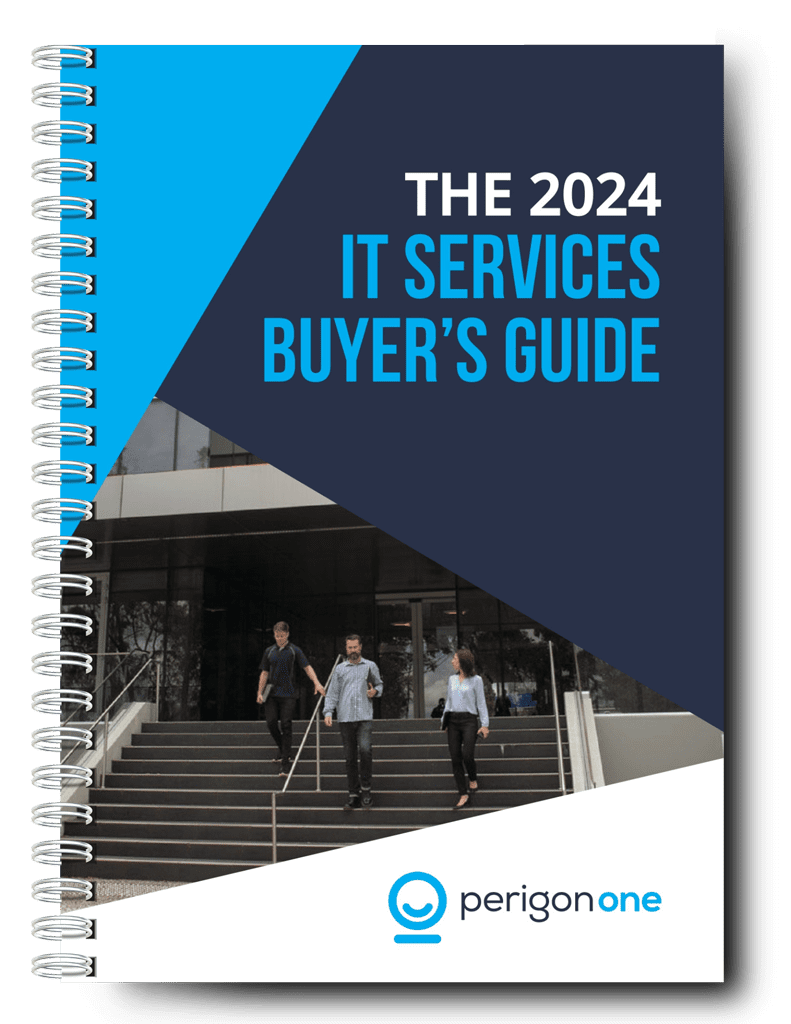If you’ve never used a CRM system, or the system you have isn’t really working for you, then you might be thinking about choosing a new one. In that case, you’ll be faced with a baffling array of options. If you’re confused as to which CRM you should use to get the maximum benefit for your business, read on.
The first thing you need to ask yourself is why you need a CRM system at all. What are your customer relations processes, if any, and why do you think they need managing? If you’re a simple business, with one-time-only customers, you may only have an email program and some spreadsheets. In those circumstances, you really don’t need anything complex to manage your customer relations.
If you’re running a larger business, though, and are finding that things are getting in a muddle, or that you’re not achieving your expected goals, then you might need to take a look at what’s going wrong. You should take some time out to analyse your current business processes, and assess what problems you might have that the CRM could solve.
If you already have a CRM
You might be looking for ways to garner repeat business from your existing clients, but have no procedures in place for those targets. Alternatively, you might have a CRM system in place that provides for re-marketing, but it’s not being used properly. Taking it one step further, your current system may have been improperly implemented, in which case you couldn’t use it efficiently even if you knew how.
Why would this be happening? The most likely reason is that your business isn’t quite ready for a CRM system. Sometimes it’s a big step to go from your traditional, tried and tested methods of conducting business, to the new digital world. It could also be that you’ve got a CRM system for your business, but it’s not being used consistently.
To work correctly, a CRM needs data, and that data has to be input into the system in a prescribed manner. Some people using the system may just be doing what they think is right, but is completely different from what the next person’s doing. In that case, you’d need to start with some basic training, to ensure that all your personnel are entering data – and entering it correctly.
If you don’t already have a CRM
If you don’t already have a CRM system, you first need to identify the most inefficient processes in your business. Make a list of the business processes or systems that you currently have in place, such as:
- Administration
- Operations
- Procurement
- Billing/finance
- IT
You should consider each process in detail and decide what improvements you would hope to achieve with a CRM system. Different CRMs are designed for different types of integration and they play to different strengths. This means that you need to find one with an architecture that can easily be integrated with your existing processes and systems. If you pick the wrong CRM, you might find yourself having to change every process that you’re already using.What else do you need to consider with your choice of CRM?
Apart from the business procedures above, you also need to take into account your level of communications:
- In what way and how often does your team communicate with each other?
- How do they communicate with your customers, your partners, and any other stakeholders involved?
- How is your business data tracked and presented, and is this satisfactory?
What happens if I choose the wrong CRM?It’s always possible that you might make a wrong decision, perhaps because you overlooked these important analytical steps, or chose a CRM that wasn’t fully aligned with your business needs. If this happens, you run the risk of stagnation. You might not have integrated the CRM system with your sales communications and marketing activities. This will prevent effective growth. In this case, you’d be looking at an expensive upgrade to provide marketing integration.
At the end of the day, whichever CRM system you choose will only work if it’s being used efficiently. You need to integrate the system into your existing business practices to make it do what you want it to do, and to deliver the goals that you’ve set.
If you want to know more about CRM systems and how they can help your business, contact us today.


